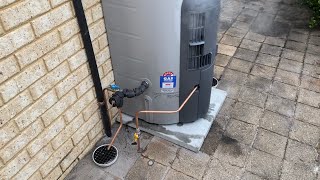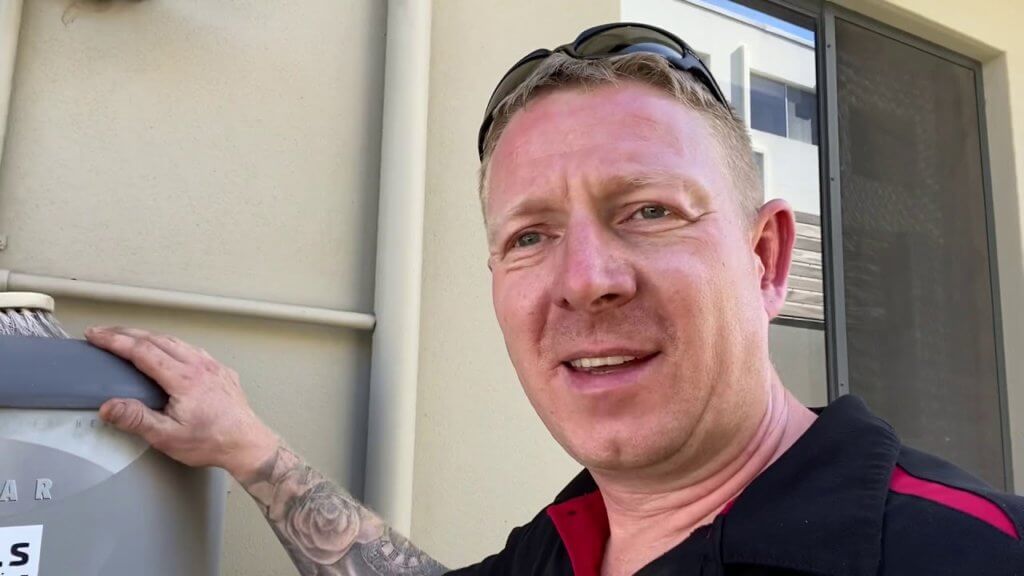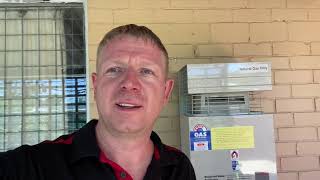- A tell tale sign that a hot water system is due for service is when the hot water isn’t as warm as it usually is.
- Most people leave their hot water systems until they notice a decline in performance but did you know that manufacturers recommend servicing on a regular basis?
- Plumbdog are genuine maintenance plumbing specialists. We help our customers save money in the long run by performing service and maintenance to prolong the life of hot water systems rather than simply recommending replacing anytime there is a performance issue.
- Check out more of our VLOGs & don’t forget to like and subscribe to our YouTube channel!
Hot Water System Not Working Properly?
Our top dog Darius is out to do a minor service on a Bosch 10P. The system isn’t quite as warm as it used to be. Many would simply think that it’s been quite a few years and like any appliance, it’s almost time for a new one but you would be amazed that even a minor hot water service could breathe some new life into the hot water system.
The Bosch 10P is one of the common and popular hot water systems used in Perth and we have all the gear and every idea to repair and maintain these or if the need arises, we can replace them too like for like or with another new hot water system.
BOSCH 10P – How To Light the Pilot Light
If you’re trying to work out how to light your Bosch 10p, Darius shows us at 4:34 how to get the pilot light started. You can watch on this video or watch it in Youtube here which will take you right to the spot.
Manufacturers Recommend Regular Servicing
As Darius mentions in the video, the manufacturers of hot water systems do recommend regular servicing. Even if it’s not replacing a heap of parts, natural wear and tear will occur so checking under the hood can save on performance issues and can also improve the life of your system.
A seasoned plumber can easily tell whether the hot water unit has been recently serviced. Check out the video where Darius shows us what takes place in a minor service and shows us how even a minor service can bring life back to this Bosch 10P. Imagine if a hot water installer was contacted rather than a seasoned maintenance plumbing specialist, the customer could have been simply been recommended a new system which would have cost a pretty penny.
Give us a whistle! and a Like and Thumbs Up!
If you’re in Perth and need a local Perth plumber, then give us a whistle! We’re happy to help and don’t forget to like and share our videos if you find them useful or entertaining! You can also hit the subscribe button and the bell to get notified.






